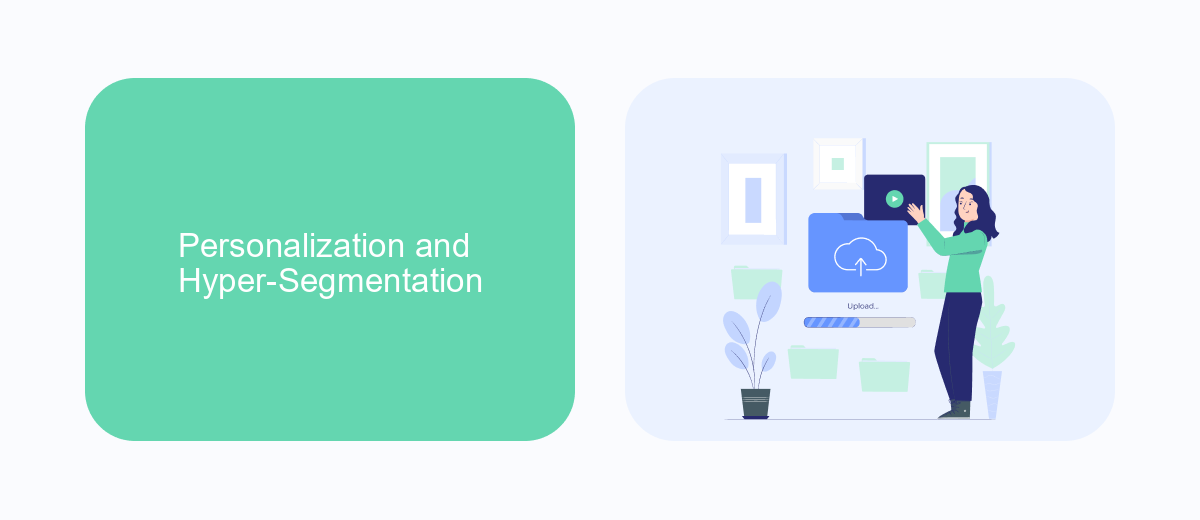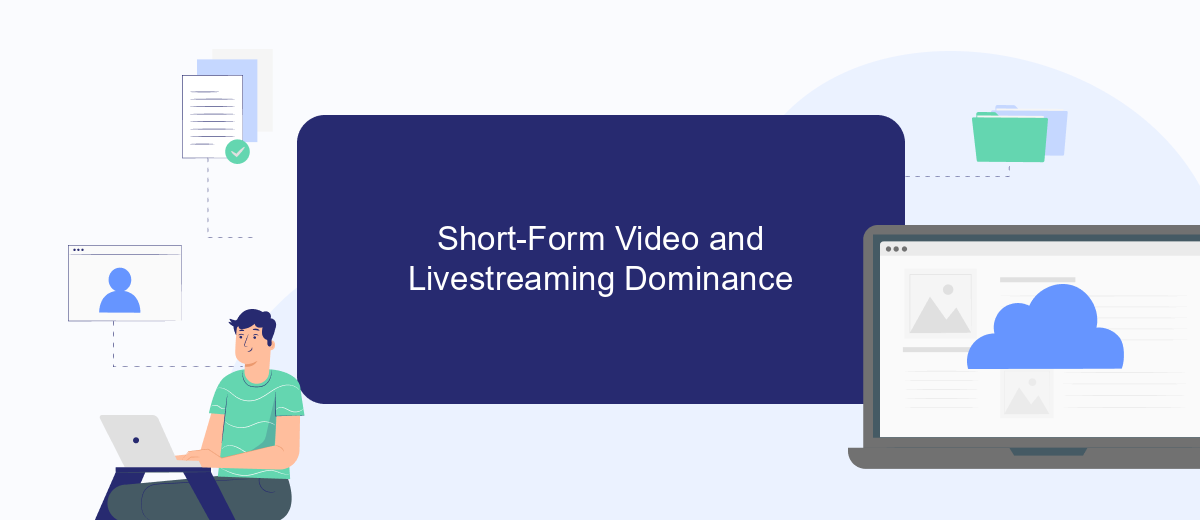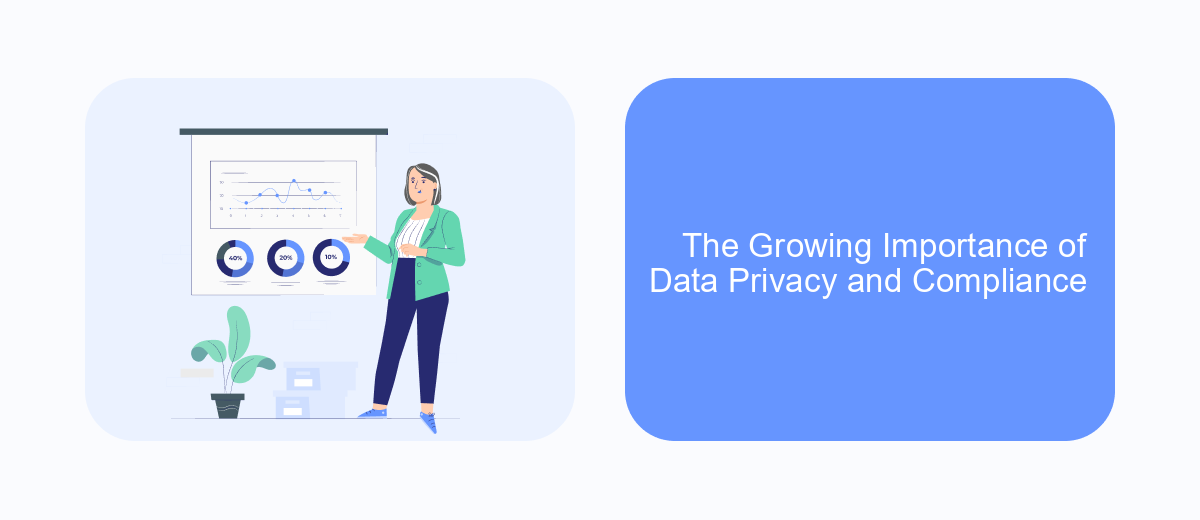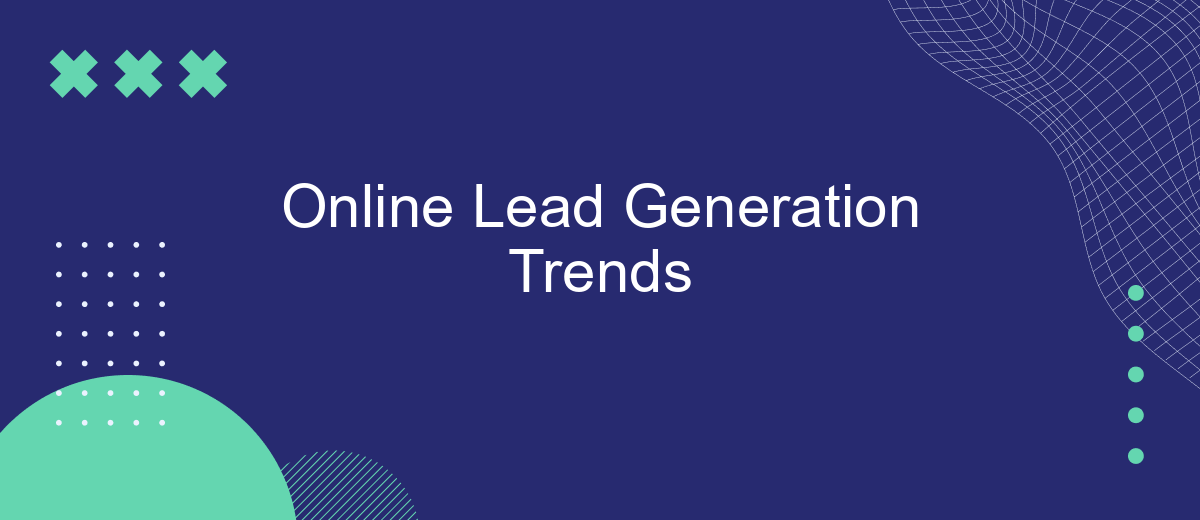In today's rapidly evolving digital landscape, online lead generation has become a pivotal component for businesses aiming to expand their customer base and drive sales. As technology advances and consumer behavior shifts, staying abreast of the latest trends is essential for marketers to remain competitive. This article explores the emerging trends in online lead generation, offering insights and strategies to optimize your approach and maximize results.
The Rise of Artificial Intelligence in Lead Generation
Artificial Intelligence (AI) is transforming the landscape of lead generation by providing businesses with innovative tools to efficiently identify and engage potential customers. With AI's ability to analyze vast amounts of data, companies can now gain deeper insights into consumer behavior and preferences, allowing for more personalized and targeted marketing strategies. This technological advancement not only enhances the quality of leads but also streamlines the entire lead generation process.
- Predictive analytics to forecast lead conversion rates.
- Chatbots for real-time customer interaction and engagement.
- Automated lead scoring to prioritize high-potential leads.
- Natural language processing to understand and respond to customer inquiries.
- AI-driven content personalization to tailor marketing messages.
As AI continues to evolve, its role in lead generation is expected to grow even more significant. Businesses that leverage AI technologies stand to gain a competitive edge by not only identifying quality leads faster but also nurturing them through personalized interactions. The integration of AI in lead generation is no longer a luxury but a necessity for companies aiming to thrive in the digital age.
Personalization and Hyper-Segmentation

In the evolving landscape of online lead generation, personalization and hyper-segmentation have emerged as critical strategies for engaging potential customers. Personalization involves tailoring content and interactions to individual preferences, behaviors, and needs, thereby enhancing the customer experience. By leveraging data analytics and AI-driven insights, businesses can create highly personalized marketing campaigns that resonate with their target audience. This approach not only improves engagement rates but also increases the likelihood of conversion, as customers feel more valued and understood.
Hyper-segmentation takes personalization a step further by dividing audiences into even more specific groups based on detailed criteria such as demographics, purchase history, and online behavior. This enables marketers to deliver more relevant messages and offers to each segment. Tools like SaveMyLeads facilitate this process by automating the integration of various data sources, allowing businesses to streamline their segmentation efforts. By utilizing such services, companies can efficiently manage and analyze data, ensuring that their marketing strategies are both precise and impactful. As a result, personalization and hyper-segmentation not only drive better lead generation outcomes but also foster long-term customer loyalty.
Short-Form Video and Livestreaming Dominance

In recent years, short-form videos and livestreaming have surged to the forefront of online lead generation strategies. These formats captivate audiences with their dynamic and engaging content, allowing brands to connect with potential customers in real-time. The immediacy and authenticity of livestreams, combined with the concise, impactful nature of short-form videos, create a powerful tool for businesses aiming to capture attention and drive conversions.
- Instant Engagement: Livestreaming allows brands to interact with audiences instantly, answering questions and addressing concerns in real-time.
- Viral Potential: Short-form videos are easily shareable, increasing the likelihood of content going viral and reaching a wider audience.
- Cost-Effective Production: Creating short-form content often requires fewer resources, making it accessible for businesses of all sizes.
As consumer preferences continue to shift towards more interactive and concise content, businesses that leverage short-form video and livestreaming are well-positioned to capture leads effectively. By embracing these trends, companies can stay ahead of the competition and foster stronger, more meaningful connections with their target audience.
The Growing Importance of Data Privacy and Compliance

In today's digital landscape, data privacy and compliance have emerged as critical components of online lead generation strategies. As consumers become increasingly aware of how their personal information is used, businesses must prioritize safeguarding this data to maintain trust and credibility. This shift is not only driven by consumer expectations but also by stringent regulations introduced by governments worldwide.
Failure to adhere to data privacy laws can result in severe penalties and damage to a company's reputation. As a result, organizations are investing heavily in data protection measures and ensuring compliance with regulations such as the General Data Protection Regulation (GDPR) and the California Consumer Privacy Act (CCPA). These efforts are essential to navigate the complex landscape of online lead generation successfully.
- Enhanced transparency in data collection and usage.
- Implementation of robust data security protocols.
- Regular audits and assessments to ensure compliance.
- Training employees on data privacy best practices.
As the emphasis on data privacy continues to grow, companies that proactively address these concerns will gain a competitive edge. By fostering a culture of transparency and accountability, businesses can build stronger relationships with their audiences, ultimately driving more effective and sustainable lead generation efforts.


Omnichannel Lead Nurturing and Automation
In today's competitive digital landscape, omnichannel lead nurturing has become crucial for businesses aiming to engage potential customers seamlessly across multiple touchpoints. By integrating various channels such as email, social media, and SMS, companies can create a cohesive experience that guides leads through the sales funnel more effectively. This approach not only ensures consistent messaging but also allows for personalized interactions that cater to the specific needs and preferences of each lead. Utilizing advanced tools and platforms, businesses can track and analyze customer behavior across these channels, enabling them to optimize their strategies and improve conversion rates.
Automation plays a pivotal role in enhancing the efficiency of omnichannel lead nurturing. By automating repetitive tasks such as follow-up emails and social media interactions, businesses can focus on crafting more meaningful engagements. Services like SaveMyLeads facilitate this automation by enabling seamless integration of various marketing platforms, ensuring that leads are nurtured consistently without manual intervention. This not only saves time but also reduces the risk of human error, allowing businesses to scale their lead nurturing efforts effectively. As a result, companies can maintain a competitive edge by delivering timely and relevant content to their prospects, ultimately driving higher engagement and conversion rates.
FAQ
What is online lead generation, and why is it important?
How can businesses effectively capture leads online?
What are some current trends in online lead generation?
How can automation improve lead generation processes?
What role does data play in online lead generation?
What do you do with the data you get from Facebook lead forms? Do you send them to the manager, add them to mailing services, transfer them to the CRM system, use them to implement feedback? Automate all of these processes with the SaveMyLeads online connector. Create integrations so that new Facebook leads are automatically transferred to instant messengers, mailing services, task managers and other tools. Save yourself and your company's employees from routine work.
